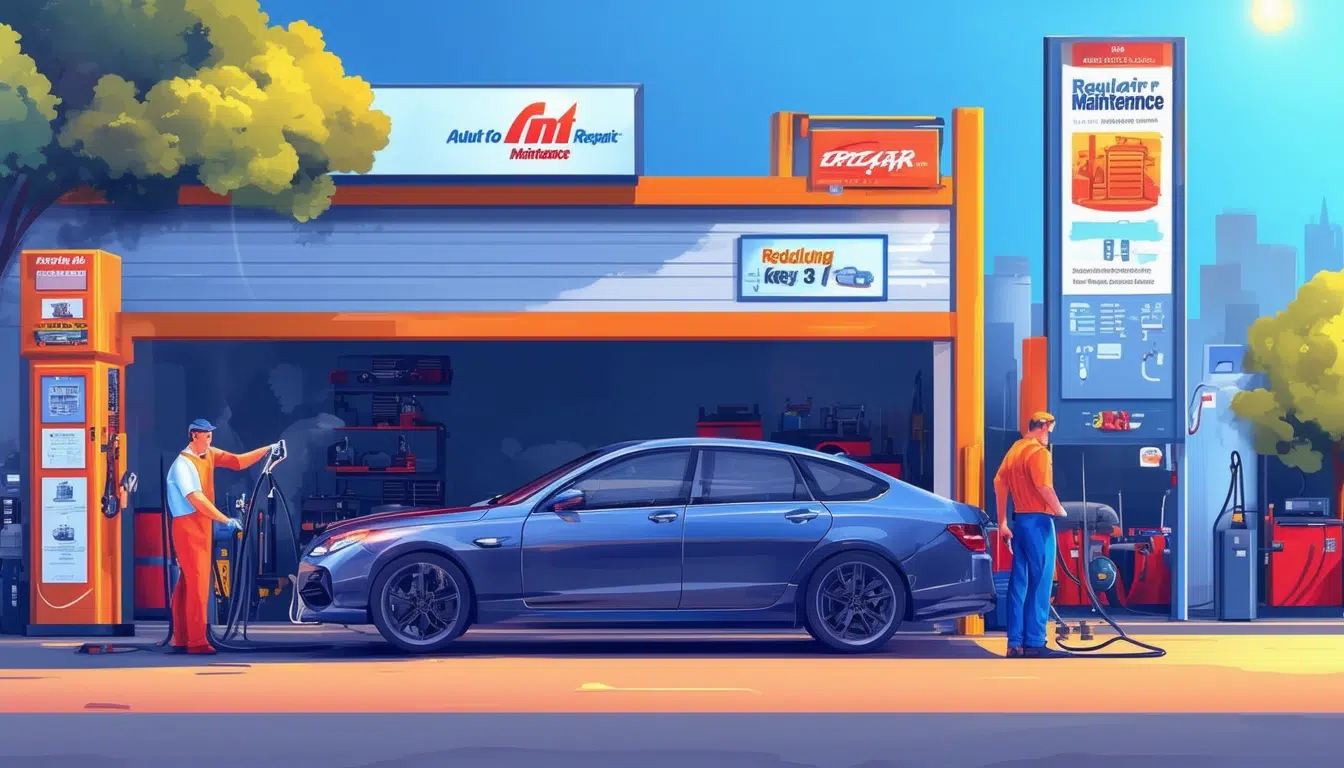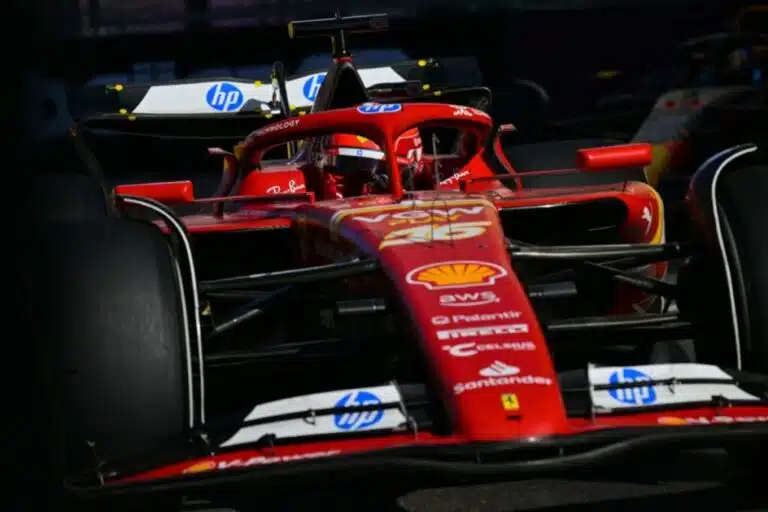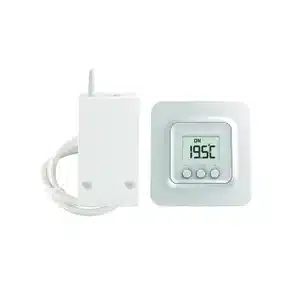Mantenimiento regular: clave para la reducción del gasto en combustible

The regular maintenance of vehicles is essential to ensure their optimal functioning and efficiency. It is not only about prolonging the lifespan of the car but is also a key essential for reducing fuel expenditure. When inspections and services are carried out properly, problems that affect engine performance and, therefore, energy consumption can be avoided. Factors such as a clogged air filter or inadequate tire pressure can significantly increase fuel expenses, making it crucial to pay attention to every aspect of vehicle maintenance.
The regular maintenance of a vehicle is essential not only to prolong its lifespan but also to optimize fuel performance. Keeping a car in optimal condition allows it to function efficiently, resulting in considerable savings on fuel costs. In this article, we will explore the necessary maintenance practices and how they directly influence gasoline consumption.
Importance of regular maintenance
Carrying out regular maintenance on the vehicle is crucial for its proper functioning. This includes activities such as oil changes, filter inspections, and tire checks. Each of these components plays a vital role in fuel savings, as a well-lubricated engine with clean filters performs more efficient combustion.
Impact of tire pressure on fuel consumption
Tires are one of the most neglected elements in vehicle maintenance. The proper tire pressure not only ensures the driver’s safety but also has a significant impact on fuel efficiency. When tire pressure is low, the vehicle needs to work harder to move, which increases gasoline consumption. Therefore, it is advisable to regularly check tire pressure and keep them inflated according to the manufacturer’s specifications.
Inspection and replacement of filters
The vehicle’s filters, especially the air filter and fuel filter, require constant attention. A dirty air filter limits airflow to the engine, resulting in a less efficient fuel mixture. Therefore, it is suggested to conduct periodic inspections and replace these filters when necessary. With a filter in good condition, the engine can run smoothly, saving fuel in the process.
Efficient driving practices
Beyond the physical maintenance of the vehicle, the manner of driving also has a strong impact on fuel spending. Maintaining a constant speed and avoiding sudden accelerations are broad practices that contribute to reduced consumption. Using the cruise control on highways can also be an effective strategy to keep gasoline consumption low.
Route planning
Time and distance management is another aspect to consider. Planning efficient routes and avoiding traffic not only saves time but also fuel. Fewer stops and starts on a well-planned route means that the engine can operate more efficiently.
Additional tips for reducing fuel expenses
In addition to the points previously discussed, there are other tips that can contribute to fuel savings. These include avoiding carrying unnecessary cargo in the vehicle, as extra weight can increase consumption. It is also advisable to turn off the engine during long stops instead of leaving it running, which can result in considerable savings in the long run.
In conclusion, the regular maintenance of a vehicle proves to be a decisive measure in reducing fuel expenses. Efforts to keep the car in optimal condition, along with efficient driving and good planning, not only benefit the vehicle’s performance but also the driver’s wallet. Taking these actions will not only help ration fuel consumption but also benefit the environment by reducing harmful emissions.
The fuel efficiency of vehicles is not just a desirable aspect but a necessity for those looking to save on operational costs. Regular maintenance is essential to ensure that every component of the vehicle functions optimally. This includes frequent checks of air filters, oil changes, and checks of tire pressure. We must remember that a well-maintained engine not only performs better but also consumes less fuel.
One of the most influential factors in fuel performance is the driving style. Adopting efficient driving techniques, such as maintaining a constant speed and avoiding abrupt stops, significantly contributes to better fuel usage. Regular maintenance allows the driver to feel more secure and, therefore, more inclined to drive in a smoother and controlled manner.
Another aspect to consider is the impact of unnecessary loads in the vehicle. Proper maintenance also involves ensuring that the vehicle is not loaded with unnecessary items, which can impair overall performance and increase fuel consumption. Additionally, constant review of the fuel system helps identify and resolve issues that could lead to excessive spending.
Moreover, the use of advanced technology can complement maintenance practices. Tools such as diagnostic systems and mobile apps enable vehicle owners to monitor their car’s status and schedule necessary maintenance promptly, promoting a more economical and sustainable journey.



